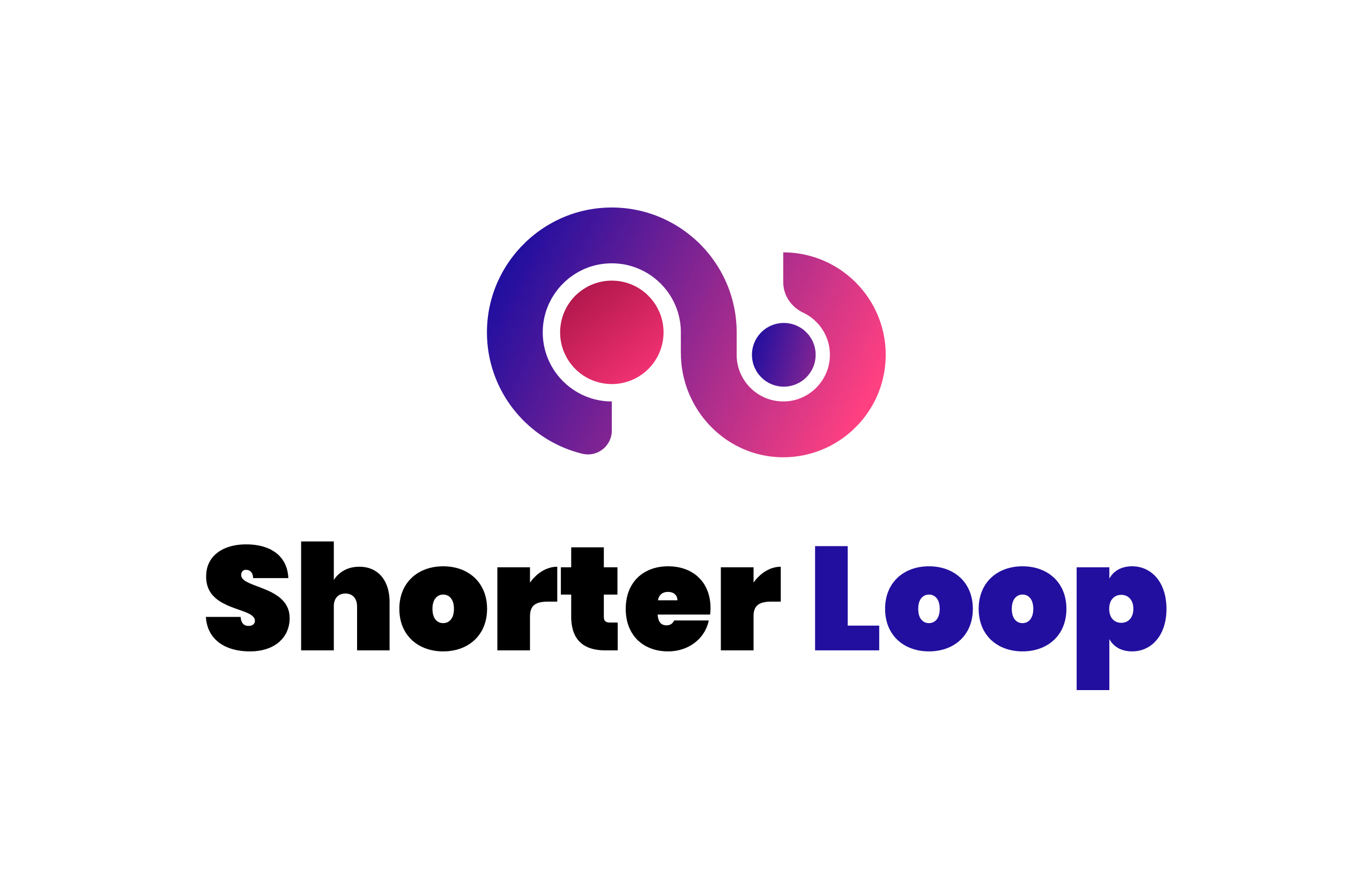What is a UX Designer?
A UX Designer, or User Experience Designer, is a professional who is responsible for designing and improving the overall experience that users have when interacting with a product, service, or platform. This role is essential in the product management process, as it ensures that the end product is not only functional and visually appealing but also user-friendly and intuitive. UX Designers work closely with other members of the product team, such as product managers, developers, and UI designers, to create a seamless and enjoyable experience for the end-user.
The Role of a UX Designer
UX Designers play a crucial role in the development of a product, as they are responsible for ensuring that the product meets the needs and expectations of its users. Some of the key responsibilities of a UX Designer include:
- Conducting user research to understand the needs, preferences, and pain points of the target audience
- Creating user personas and user journey maps to help guide the design process
- Developing wireframes, prototypes, and mockups to visualize and test the user experience
- Collaborating with other members of the product team to ensure that the user experience is consistent and cohesive across all touchpoints
- Conducting usability testing and gathering feedback from users to identify areas for improvement
- Iterating on the design based on user feedback and data-driven insights
Skills and Qualifications of a UX Designer
UX Designers come from various backgrounds, such as graphic design, psychology, and human-computer interaction. However, there are certain skills and qualifications that are essential for a successful career in UX design. These include:
- A strong understanding of user-centered design principles and methodologies
- Proficiency in design tools, such as Sketch, Adobe XD, or Figma
- Experience with prototyping tools, such as InVision or Marvel
- Knowledge of web and mobile design standards and best practices
- Strong communication and collaboration skills, as UX Designers often work closely with other members of the product team
- An analytical mindset and the ability to make data-driven decisions
- A passion for creating user-friendly and enjoyable experiences
The Importance of UX Design in Product Management
UX Design is a critical component of the product management process, as it ensures that the end product is not only functional but also enjoyable and easy to use. A well-designed user experience can lead to increased user satisfaction, higher engagement, and ultimately, better business outcomes. By focusing on the needs and preferences of the end-user, UX Designers help to create products that are more likely to succeed in the market and drive long-term customer loyalty.
Conclusion
In conclusion, a UX Designer is an essential member of the product management team, responsible for designing and improving the overall experience that users have when interacting with a product, service, or platform. With a strong focus on user-centered design principles and a deep understanding of the target audience's needs, UX Designers play a crucial role in ensuring that the end product is not only functional but also enjoyable and user-friendly. By working closely with other members of the product team, UX Designers help to create products that are more likely to succeed in the market and drive long-term customer loyalty.
